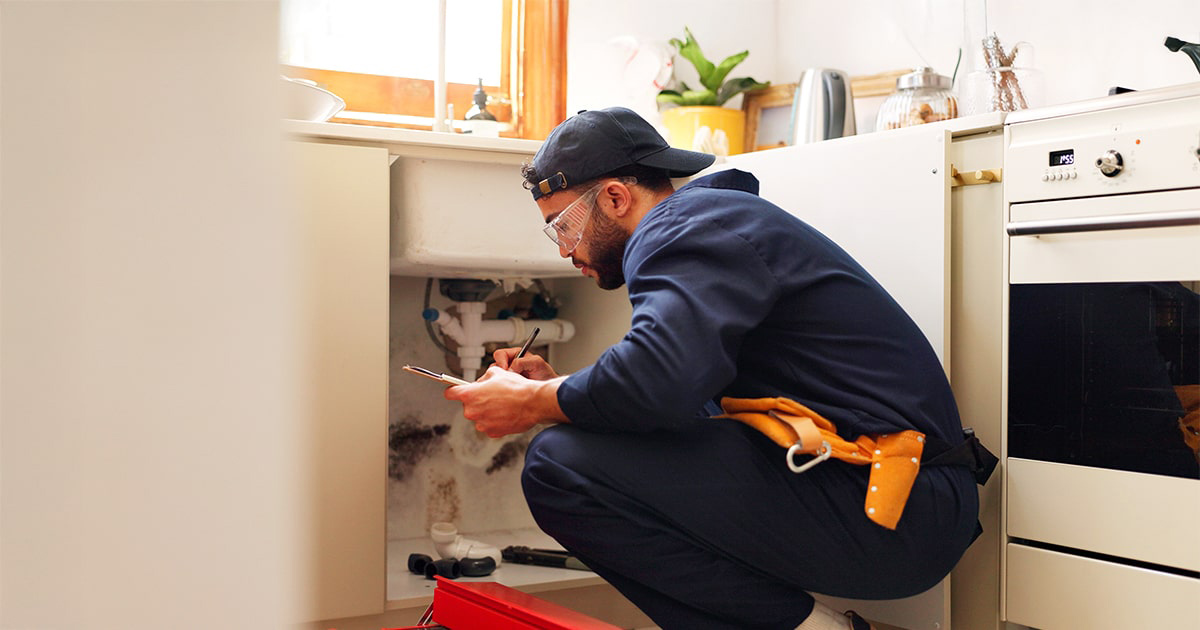When it’s time to sell your Atlanta house, it’s advisable to hire a professional home inspector to do a thorough evaluation of your property before putting your house on the market. Home inspections can reveal structural problems and housing code violations that the homeowner was not aware of. In this article, we’ll look at what code violations are, which ones are most common, and how to sell a house with violations.
Understanding code violations in Georgia
According to the US Department of Housing and Urban Development (HUD), “A code violation occurs when a property does not comply with local building codes, safety regulations, or housing standards set by municipal, state, or federal authorities.”
Standard national violations can include safety issues with plumbing, electrical systems, fire safety, unpermitted work, and structural soundness. Local violations can include things like violations of historic preservation codes put in place to protect historic structures. There are also some Georgia amendments for standard building codes, which can be seen at the Georgia Department of Community Affairs website.
Homeowners associations often have their own codes, usually about the property’s appearance. Unapproved exterior changes such as fences, paint, sheds, and solar panels may be in violation of an HOA’s code.

Early building safety codes in the US
In the early years of the United States, codes were often adopted based off European codes for safety and were localized. As early as the 1600s, colonial towns in the US enacted building codes meant to prevent buildings from burning down. The acts typically prohibited the use of wood as building material in favor of materials like brick or stone.
Unfortunately, the city of Chicago had no such building requirements in the early days, and most of the buildings were constructed of wood or at least partially made of wood. In 1875, 17,000 buildings in the Windy City were destroyed by a raging 3-day fire, with over 300 fatalities. After the fire, wood was banned as a building material in downtown Chicago.
How building codes evolved in the US
Underwriters from various insurance companies formed the National Board of Fire Underwriters (NBFU) in the late 1800s. The first model code in the US launched by the NBFU was all about lowering risk for property fires. The recommendations were designed for government use. Since then, building codes have branched out to include HVAC systems, heating, ventilation, gas systems, plumbing, and structural standards, as well as anything that safeguards people in buildings.
The International Code Council (ICC) is a nonprofit group created in 1994, and they update building code standards every three years. The ICC’s role is to update and develop codes, but state and local areas are responsible for putting them into law and enforcing them. Some localities implement other codes. For example, Los Angeles has building codes to minimize damage from earthquakes.
Common code violations
Violations can sometimes be hidden and unseen by Atlanta homeowners. Some code violations occur in older homes when they fall out of compliance due to new codes. A few of the most common violations are:
- Unpermitted work for renovations and additions
- Smoke alarm placement
- Improper bathroom venting
- Missing handrails
- Balusters, the vertical posts that support handrails, are too far apart
- Plumbing issues and leaks
- Improper flashing
- Missing GFCI receptacle near water
- Overloaded electrical panels
- Structural issues
Can you sell an Atlanta house with code violations?
Code violations are common when selling a house, often because homeowners just aren’t aware of a problem. That is why having a pre-inspection is so important. If violations are discovered, sellers must decide if they should spend the money to correct any issues or try to sell “as is.” Keep in mind that although Georgia doesn’t have a requirement for a statement of disclosure when selling, sellers are bound to answer truthfully if asked by potential buyers about any code violations or hidden issues. Not doing so could lead to possible legal problems down the road.
Deciding whether or not to fix the code violation depends on how significant the issue is and the feasibility of fixing it. You may not want to spend time or effort on fixing the problem. Selling the house with code violations may mean offering concessions, accepting a low offer, or buyer hesitation.
How to sell a house without fixing code violations
When you want to sell your house “as is” with code violations or any other issues, HomeVestors® in Atlanta can help. We’re Atlanta's premier off-market house buyer, here to serve you. We’ve helped many homeowners in similar situations and have bought over 150,000 houses across the country “as is” since we launched in 1996, receiving fantastic feedback from our sellers. Selling to us is easy and convenient with our 3-step process:
- Free consultation: Contact us for a free, no-obligation consultation with one of our Atlanta property buyers.
- Quick offer: We’ll provide you with a fast offer, sometimes as quickly as the same day.
- Speedy closing: If you accept our offer, we can potentially close in as little as 3 weeks. If you need more time, we’ll do our best to accommodate your schedule.
Contact us soon to learn more about how we can help you sell your house with code violations with an easy and hassle-free transaction.



